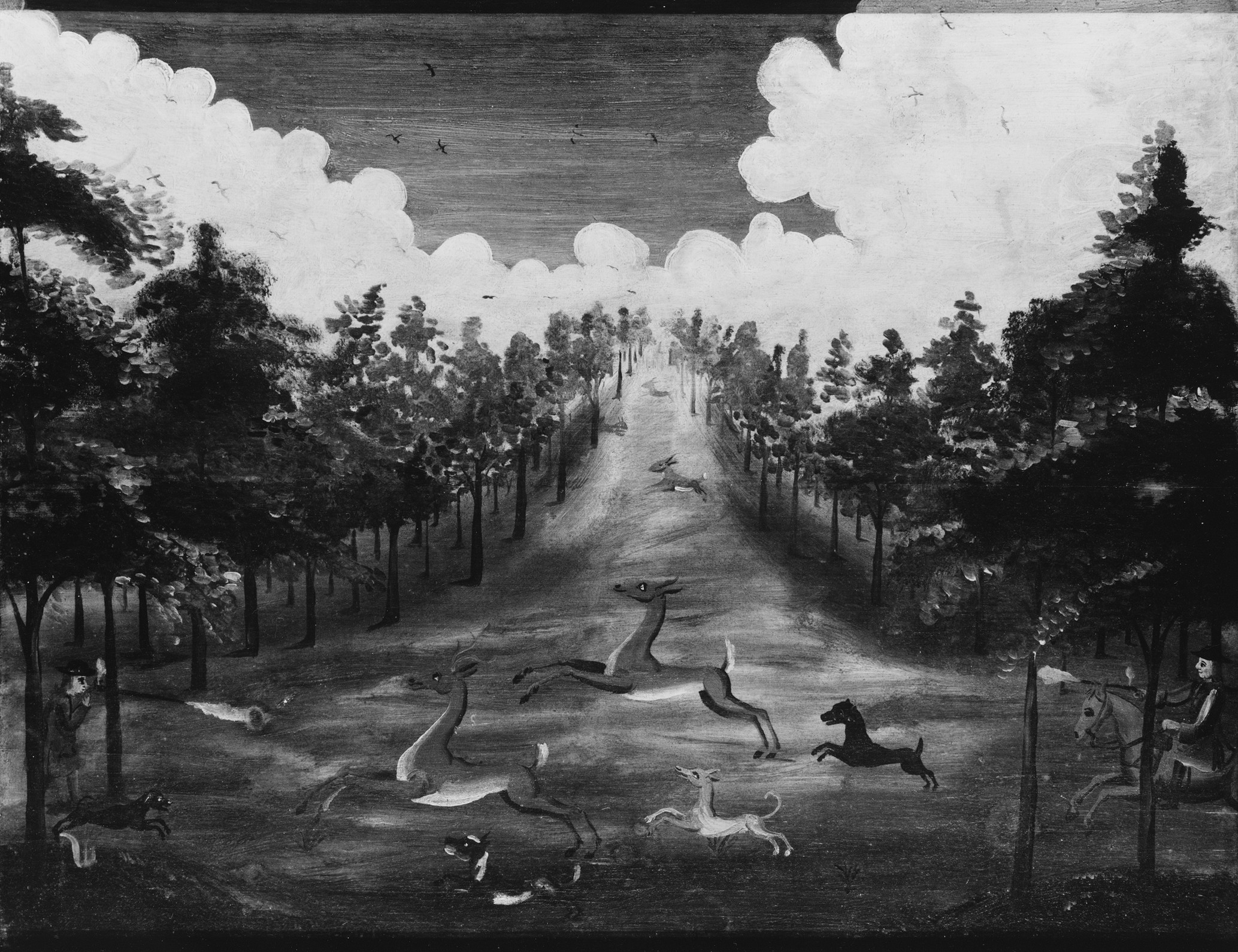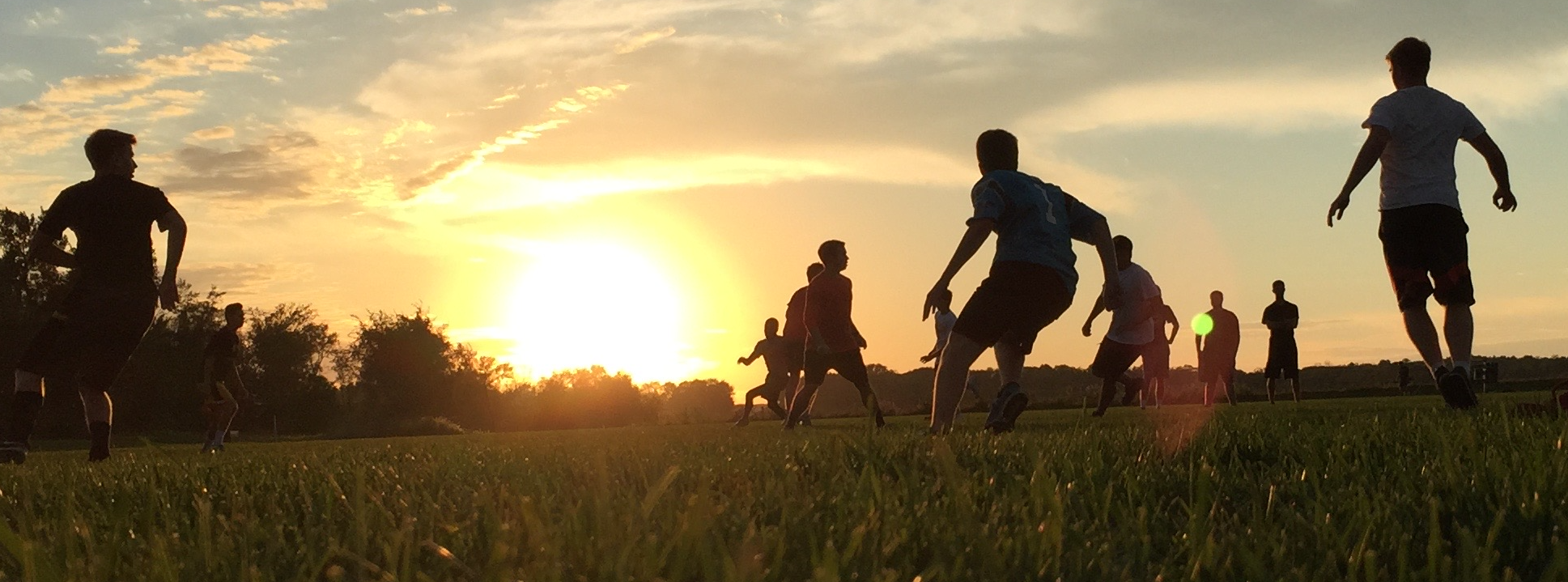Book banning. Those two words never fail to stir up controversy, and have been especially active in the last few months. From critical race theory to evolution to gender studies to fiction, the topics that have been suggested become entirely erased from school education are wide and varied. It's understandable, though. We, as a whole, are worried about what younger generations are being taught and exposed to at school. However, is keeping our kids in a sanitized, bubble-shaped echo chamber in their best interest? Well, it depends on who you ask.
I, dear reader, am relaying this opinion from the perspective of someone who spent thirteen years in a Catholic school. As such, our curriculum definitely steered away from certain topics: our reading lists were a little different from the public school down the street, we had speakers lecture us about the evils of Dan Brown's The Da Vinci Code, and don't even think about having a comprehensive Sex Ed class. Thankfully, my general education teachers were excellent and my religion teachers weren't all that passionate about disproving science with the Bible. I didn't miss out on critical lessons like the theory of evolution and how it shapes the world as we see it today, or the humanitarian disaster that was the Trail of Tears. I also had the advantage of having a family that supported science and allowed me to read pretty much anything I could get my hands on. Not everyone has this privilege.
“Banned Books #4” by ellen.w is marked with CC BY-SA 2.0.
Historically, banning materials has been a popular way to maintain control of the populace. In the mid-1500s, the Catholic church censored some of the chapters in Copernicus' On the Revolutions of Heavenly Spheres for its ideas of heliocentrism, or the belief that the Earth revolves around the sun and not vice versa, a principle the church found opposed scripture. The book was then entirely banned in 1616 at which time Galileo Galilei was publishing work in support of Copernicus' teachings. Galileo was tried for heresy by the church in 1633, his research was prohibited, and he lived the rest of his life under house arrest. It wasn't until 1992 that Pope John Paul II opened an investigation on Galileo's trial and it took another eight years for the church to formally apologize. Did Copernicus and Galilei's censorship mean that their research was entirely incorrect? No.
More recently, Darwin's On the Origin of Species by Means of Natural Selection, and the concepts it gave rise to, is still one of the most hotly debated topics in the school education system. This book, banned in the US as recently as 1967, is considered the foundational text on the topic of evolution. The topic of evolution has a varied and storied past that I can't do justice to in this article. However, this article in Scientific American does a marvelous job walking you through the timeline. Suffice to say that evolution is a scientific theory that is widely accepted as being the method by which fauna and flora came to be the way it is today. Despite this, there are individuals, including some in political positions of importance, who believe that intelligent design–that the Universe, and everything in it, was created by a higher being–rather than evolution is responsible. As such, they oppose the teaching of evolution or believe that it should be co-taught along with intelligent design. In fact, states like Louisiana and Tennessee are not required to teach evolution, at all, while many others have the option to teach creationism alongside it. That means there are thousands of children who are not exposed to robust scientific learning and become adults that spread scientific misinformation. The problem here is not the belief that a higher power might have created the universe. In fact, as a product of Catholic school, I had many science teachers who firmly believed that science and religion could co-exist. The issue comes in the picking and choosing of topics to believe purely out of convenience, whether it be personal, economical, or political.
“A Moment of Science. #Melbourneclimatestrike IMG_5052” by John Englart (Takver) is marked with CC BY-SA 2.0.
I'm not suggesting that teaching heliocentrism and evolution is the end-all-be-all of the education system, but rather examples of how censoring knowledge can be the incorrect choice to make. There are ramifications to consider with the banning of certain topics in schools. Research shows that:
- Comprehensive sexual education in schools results in reduced teenage pregnancy and STD rates. This has been proven despite the introduction of the Adolescent Family Life Act (AFLA) in 1981, which called for abstinence-only education.
- Students who feel they do not conform to the gender binary suffer higher rates of bullying and suicide. This could worsen with the systematic elimination of books touching on topics of sexuality and LGBTQ+ representation as part of laws such as Florida's (and others) “Don't Say Gay†bill.
- Critical race theory, which has already been banned in seven states, helps untangle how the legal system was designed, in large part, by racist practices and puts people of color and other minorities at a disadvantage.
- Despite all the conspiracy theories, COVID-19 is real and the safest way to prevent it is to get vaccinated and not through a home remedy. The fact that religious reasoning is used to refuse vaccinations is evidence of the need for fact-driven scientific education outside the creationist lens.
These are not opinions, they are facts.
The question remains: How can we minimize the number of topics that are considered “controversial� Well, my suggestion is simple–transparency. The overwhelming amount of jargon in research and the lack of importance given to humanities and social sciences research makes it hard to engage with the community. People will fear what they do not understand, what is new, what is unfamiliar. It is our job to make science clear and accessible without digging in our heels about being in the right or having the most evidence. On the flip side, the oversimplification of science keeps the general population from taking problems seriously. The best we can do is gently educate those willing to have a conversation. Tell them that it isn't amoral to teach kids about slavery because the descendants of slaves are our neighbors. That talking about gender might, one day, save their child instead of making them think they are broken. Prohibiting knowledge won't make it disappear, it will just make fixing problems harder.
Featured Image: “Detail of Tree of Knowledge after Diderot & d’Alembert’s Encyclopédie, by Chrétien Frédéric Guillaume Roth.jpg” by Special Collections, Lehigh University Libraries; Chrétien Frédéric Guillaume Roth is marked with CC BY-SA 4.0.
About the Author
Ph.D. student in the Department of Physiology and Pharmacology at the University of Georgia, studying strategies for skeletal muscle rehabilitation and regeneration following injury or disease. Interests include mitochondrial physiology, orthopedics, and hugs. Outside of lab, I enjoy reading, listening to true crime podcasts, and griping about the cold like a true Puerto Rico native. You can reach me at jm08293@uga.edu or follow me on Twitter @jey_at_lab.
-
Jen McFaline-Figueroahttps://athensscienceobserver.com/author/jeymcfig/November 4, 2021
-
Jen McFaline-Figueroahttps://athensscienceobserver.com/author/jeymcfig/March 30, 2021
-
Jen McFaline-Figueroahttps://athensscienceobserver.com/author/jeymcfig/October 20, 2020
-
Jen McFaline-Figueroahttps://athensscienceobserver.com/author/jeymcfig/May 1, 2020







